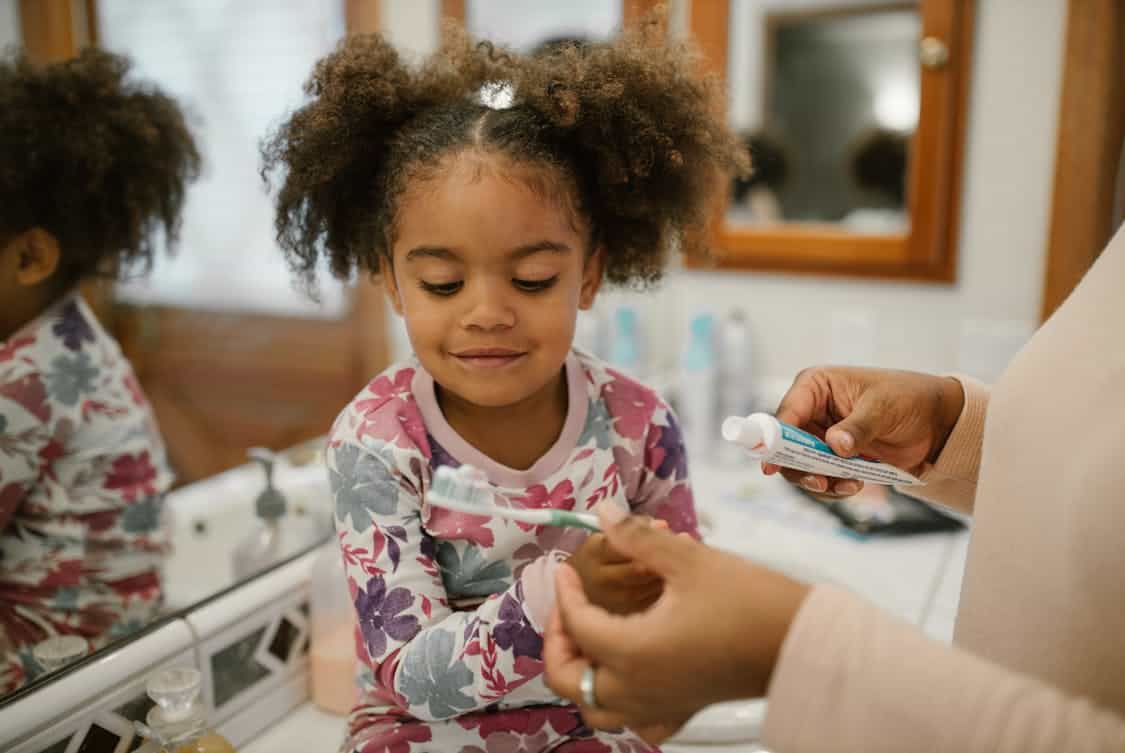
Pediatric dentistry focuses on the oral health of children from infancy through their teenage years. It’s a specialized field that requires not only expertise in dental care but also an understanding of how to make young patients feel comfortable.
Here’s a detailed look at the gentle treatments provided by pediatric dentists.
What is Pediatric Dentistry?
Pediatric dentists are trained to care for children’s teeth, gums, and mouths throughout different stages of development. They understand the unique dental concerns of young patients and are equipped to handle issues that arise during childhood.
This specialty emphasizes prevention, education, and gentle treatment methods to make dentist visits less intimidating.
If you’re looking for trusted care for your child’s smile, a local dentist in Preston can provide the expertise and gentle approach needed for a positive experience.
The Importance of Early Dental Visits
The American Academy of Pediatric Dentistry recommends that children have their first dental visit by their first birthday. Early visits help establish a dental home, allowing parents to familiarize their children with the dental environment.
These initial appointments focus on preventive care, helping to catch potential issues before they snowball into larger problems.
Gentle Treatments for Little Smiles
Preventive Care: Building Strong Foundations
Preventive care is at the heart of pediatric dentistry. This includes regular check-ups, cleanings, and fluoride treatments.
During these visits, the dentist examines the child’s teeth and gums, looking for cavities or signs of decay. Cleanings help remove plaque and tartar, promoting healthier gums and teeth.
Sealants: A Barrier Against Cavities
Dental sealants are a common preventive treatment. A sealant is a thin plastic coating applied to the chewing surfaces of back teeth.
This protective layer helps shield against cavities by keeping food particles and bacteria from settling in the grooves of teeth. Sealants are painless and can be applied quickly, making them an ideal choice for young patients.
Fluoride Treatments: Strengthening Enamel
Fluoride treatments are another key part of preventive care. Fluoride helps strengthen tooth enamel, making it more resistant to decay.
Pediatric dentists often apply fluoride varnish directly to teeth during routine visits. This treatment is quick and safe, providing essential protection for developing smiles.
Addressing Common Dental Issues
Cavities: Understanding and Treatment
Cavities are one of the most common issues faced by children. If a cavity is detected, a pediatric dentist will explain the process of filling it in a straightforward manner.
They often use colorful materials and child-friendly language to ensure that kids understand what to expect. This approach helps alleviate anxiety and makes the treatment feel less daunting.
Orthodontic Assessments: Early Evaluation
Pediatric dentists also perform assessments for orthodontic needs, which is crucial for identifying issues like overcrowding or misalignment early on.
Early intervention can sometimes prevent more significant problems down the line. If braces or other treatments are recommended, the dentist will walk both the child and the parents through the options available, making it a team effort.
Managing Dental Anxiety: A Gentle Approach
Many children experience dental anxiety. Pediatric dentists are equipped with techniques to ease these fears. Creating a welcoming, friendly atmosphere is key.
Some offices have colorful decor, toys, and even movie screens to keep young patients entertained. They often use a step-by-step approach, explaining each procedure simply to help children feel more relaxed.
The Role of Parental Involvement
Educating Parents: Promoting Good Habits

Pediatric dentists don’t just care for children; they also educate parents. They offer guidance on proper brushing techniques, the importance of a balanced diet, and the necessity of regular dental visits.
This partnership helps parents instill good habits in their children, setting the stage for a lifetime of healthy teeth.
Creating a Positive Experience
Parents play a vital role in making dental visits a positive experience. Encouraging children to view the dentist as a friend can help reduce anxiety.
Sharing stories of visits, celebrating good check-ups, or rewarding children with small treats afterward can create a positive association with dental care.
Advanced Techniques in Pediatric Dentistry
Laser Dentistry: A Modern Approach
Laser dentistry is gaining popularity in pediatric practices. This technology can be used for various procedures, including cavity treatment and gum reshaping.
Lasers often result in less discomfort and quicker healing times. Pediatric dentists trained in this technique can provide efficient and gentle care, making dental treatments feel much less intimidating for children.
Sedation Dentistry: Making Treatment Comfortable
For some children, especially those with significant anxiety or extensive dental work needed, sedation dentistry may be considered. Pediatric dentists offer various sedation options, from nitrous oxide (laughing gas) to deeper sedation methods.
The goal is to ensure that children are comfortable and relaxed during procedures, allowing for effective treatment.
Special Needs Dentistry
Children with special needs may require unique care. Pediatric dentists are trained to provide tailored treatments for these patients, understanding their specific challenges.
This includes creating accommodating environments and using specialized techniques that address their comfort and safety. The emphasis is on meeting each child where they are, ensuring they receive the dental care they need.
The Importance of Education and Prevention
Teaching Kids About Oral Health
Educating children about their oral health is a vital part of pediatric dentistry. Interactive approaches, like games and demonstrations, can engage kids in learning how to care for their teeth.
This not only empowers them but also fosters a sense of responsibility regarding their oral hygiene.
Encouraging Healthy Habits
Encouraging healthy eating habits is another crucial element. Pediatric dentists often discuss the impact of sugary snacks and beverages on oral health.
They can suggest healthier alternatives that kids will enjoy, promoting both good nutrition and dental health.
The Road Ahead: Creating Lifelong Healthy Habits
Creating a positive dental experience during childhood can lead to a lifetime of good habits. Regular visits to the pediatric dentist can help ensure that children maintain healthy teeth and gums as they grow.
By establishing trust and open communication, parents and dentists can work together to make dental health an integral part of a child’s overall well-being.
